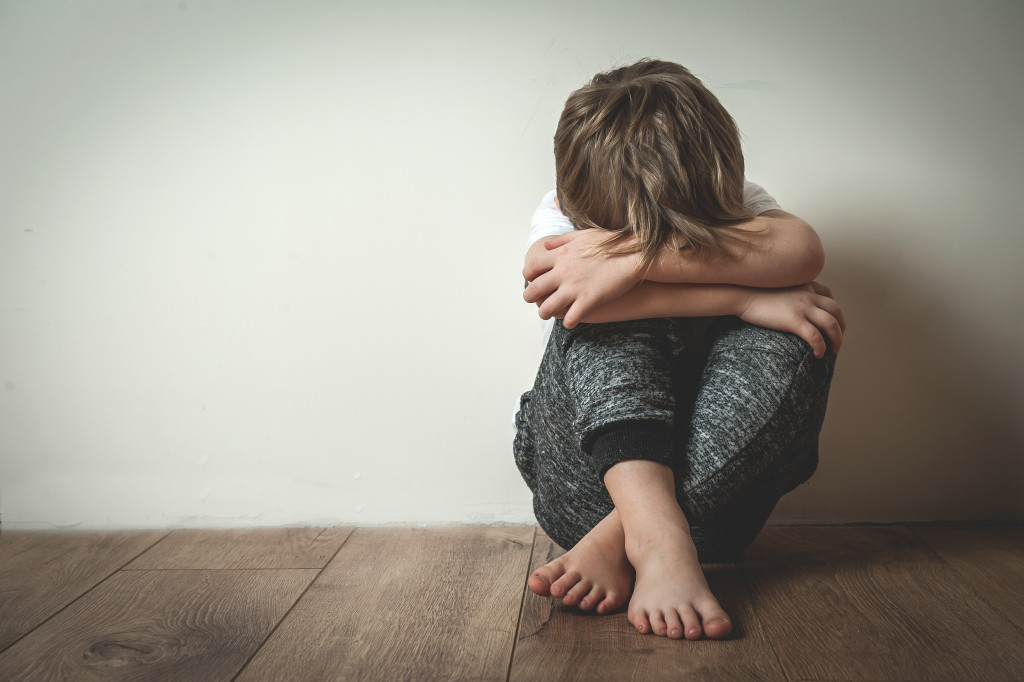Everyone, at some point, will lose a loved one. People die; it is the reality of life. According to data, around 65 million people around the world die every year due to various causes, including accidents and illness.
Still, it is difficult when a friend, a family member, or a romantic partner passes away. It leads to feelings of loneliness, resurfaces feelings of regret and guilt, and causes feelings of grief. It does not matter if the death was sudden or anticipated after years of fighting an illness. The death of someone you care about will always be painful.
Some, however, start to experience grief before the actual death.
What Is Anticipatory Grief?
Mourning occurs after the death of a loved one. However, anticipatory grief is felt before death happens. It is typically a result of a serious diagnosis when death is a strong possibility. The family members of a patient diagnosed with terminal cancer and given a few months to live will start to experience grief immediately after hearing the news, even if their loved one is still alive. The patient who received the terrible news may also go through anticipatory grief.
There are different stages of anticipatory grief. Phase I deals with the realization that death is inevitable. They feel sad and, perhaps, hopeless knowing that there is nothing else that they can do to remedy the situation. Phase II is when feelings of guilt and regret emerge. A spouse may feel bad because of previous arguments. A parent may feel ashamed for not being present a lot more. The patient may also start to be worried because of all the emotions expressed by everyone around them.
In Phase III, death is “rehearsed.” At this point, loved ones will start funeral arrangements. Some family members may begin to say their goodbyes. In Phase IV, the final phase, the survivors begin to imagine what life will be like without their loved ones. They may think about what they will say to bosses and teachers, what they will do to belongings left behind, and how their life will change. The person dying may also imagine how the lives of their loved ones will turn out without them.
It is a complicated process for everyone, and many people have to go through it. Those who have elderly loved ones are more likely to experience anticipatory grief at some point. Seniors, because of age, are at a higher risk of being diagnosed with a serious medical condition and mortality. About 85 percent of older adults live with at least one chronic health condition, according to the U.S. Centers for Disease Control and Prevention.
Know What You Can Control
At this point, there is nothing you can do to avoid what will happen. The professionals have done everything they can, and they can no longer delay the inevitable. However, the situation is not entirely beyond your control. You can still do things to give your ill loved ones comfortable final days.
There is nothing wrong with considering hospice care services for your loved ones. You can cook food and administer medication, but people who are suffering from serious medical conditions often need more help. An assisted living facility has the appropriate machines and employs professionals who are trained to give everything the patient needs.
There is a lot of pressure and stress from being a caretaker. The caretaker has to give up their own time and expend their own energy toward making their loved one feel comfortable despite their illness. Having help from a professional is better for everyone.
Allow Yourself to Feel

You are going through a tough situation. While you have a responsibility to take care of your ailing loved one, you also have to take care of yourself — both body and mind.
You do not have to face it alone. Give yourself time to feel all your emotions. Talk to a trusted friend about your experience and what you feel. Better yet, schedule a meeting with a therapist. A mental health professional can give you advice and help you go through the situation.
Let Go
It is hard to let go, but you have to. Your loved one is affected by your emotions, too. If you are struggling, they likely will feel bad. At the end of life, you need to give your loved one permission to die. Some people hold on until a loved one says goodbye. It can be helpful for the dying person to hear that their loved ones are ready to let go. It means they can go peacefully.
Death will always be difficult to process, even if it happens after a long battle with illness. Many people experience grief before a loved one passes away. It is a normal reaction to a serious diagnosis, but it can be managed so you can give your loved one a comfortable and peaceful send-off.

